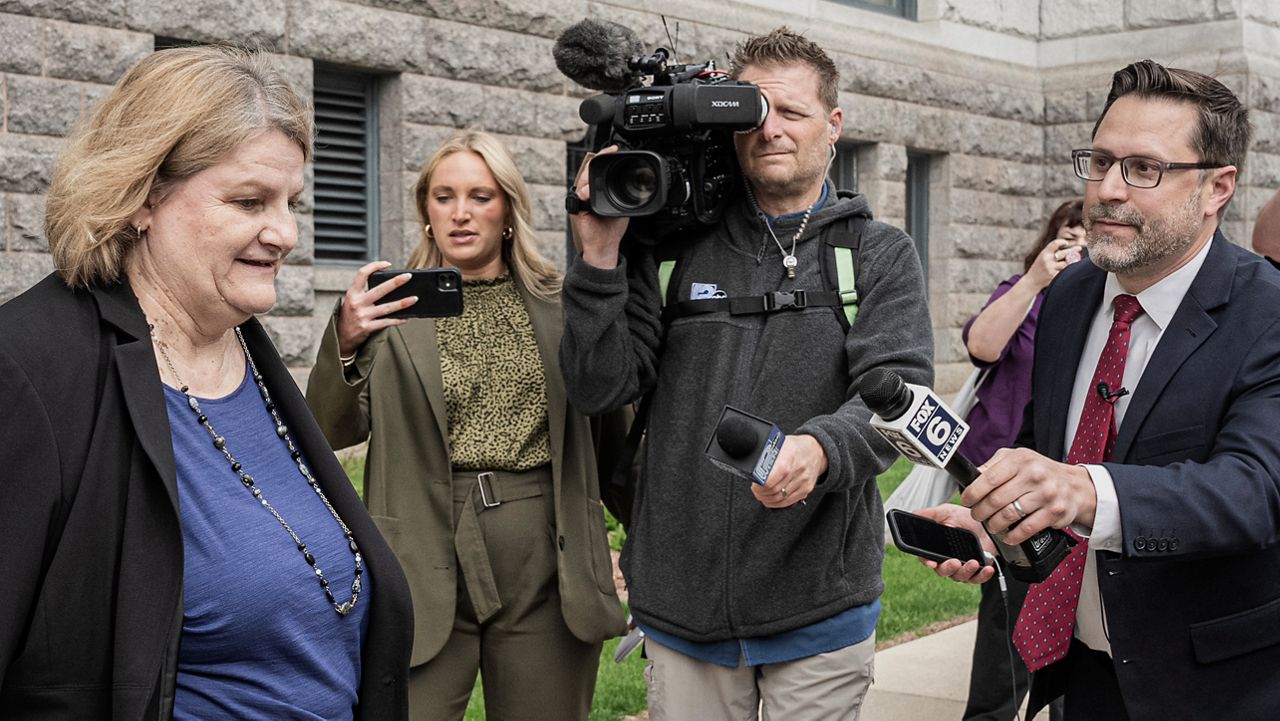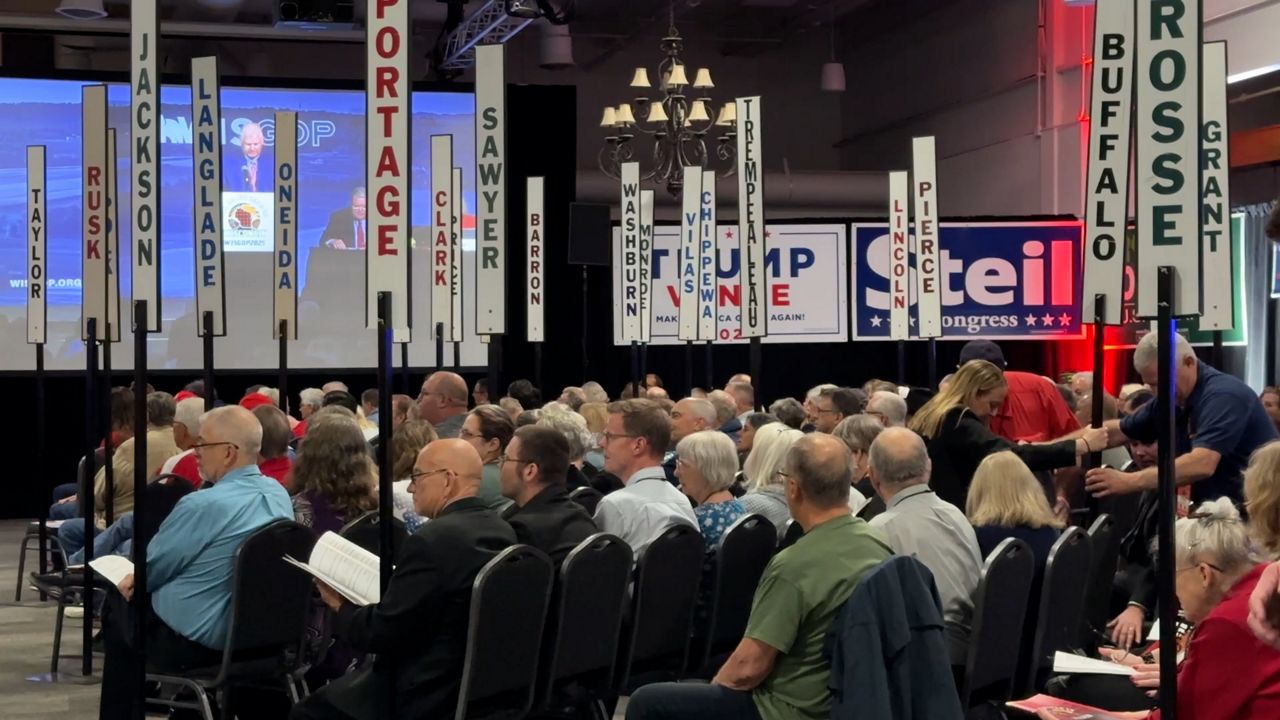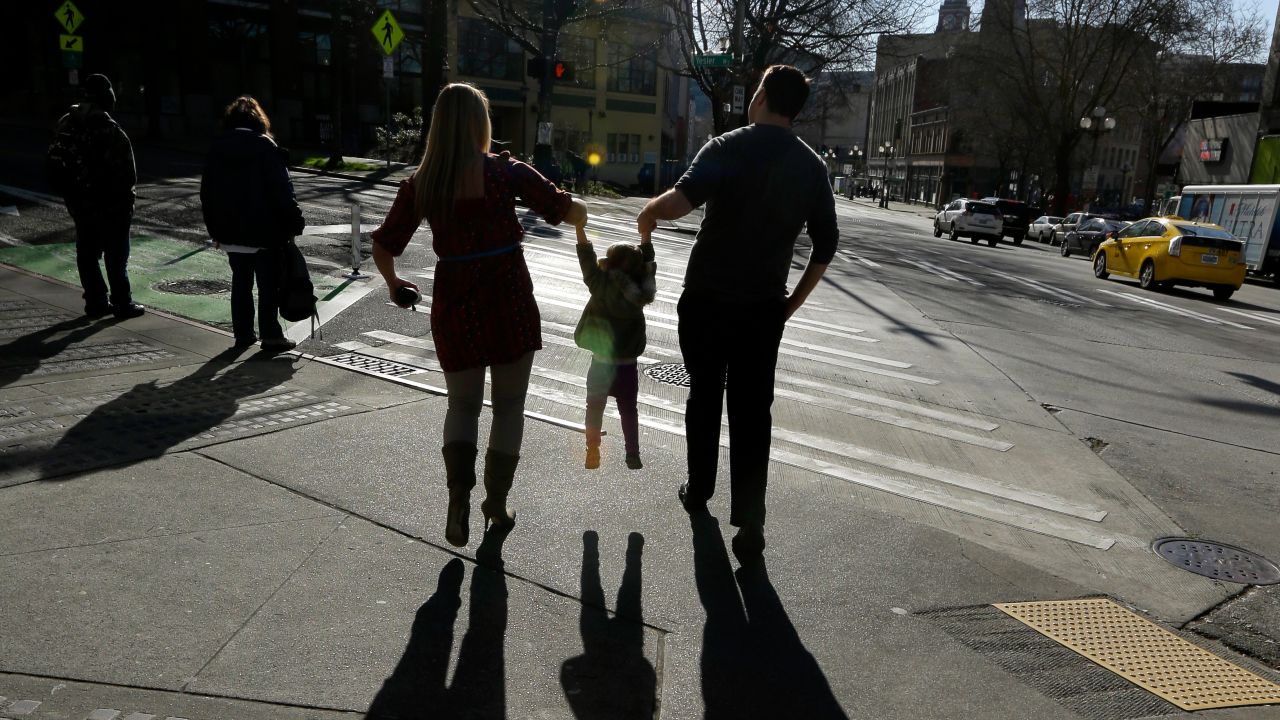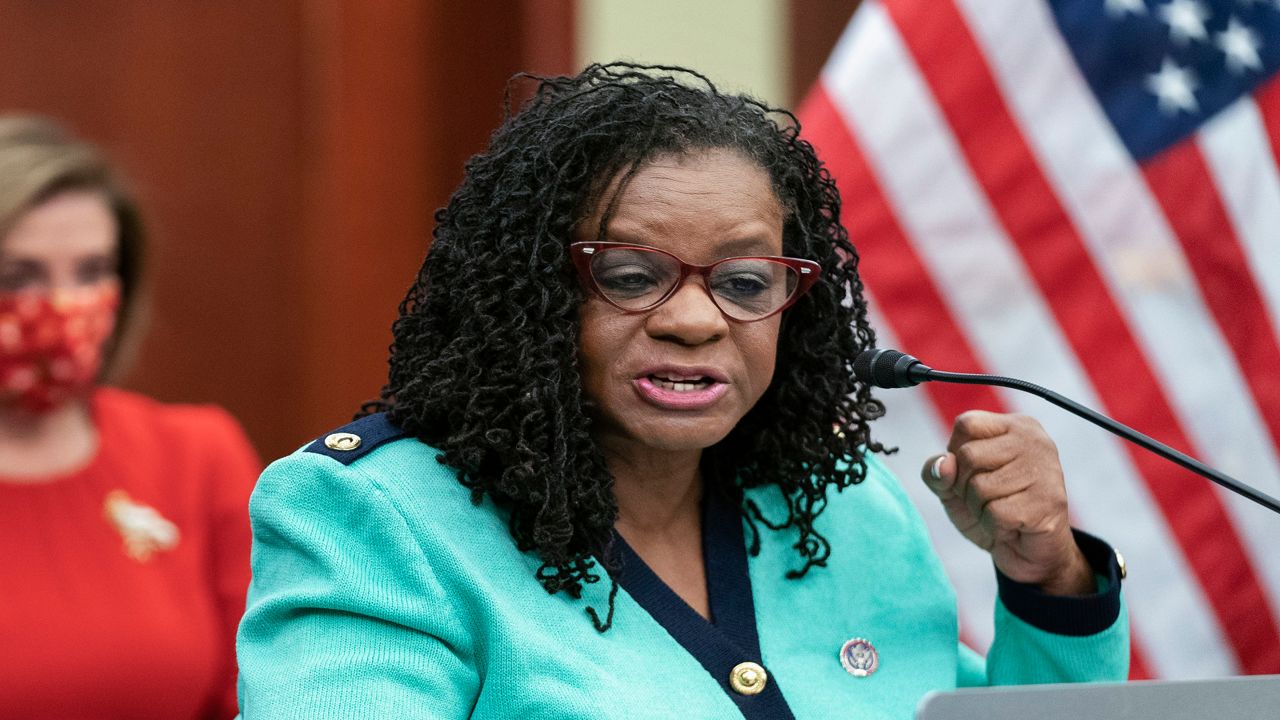WASHINGTON — When former President Joe Biden signed the “TikTok ban,” the law was supposed to take effect in January. But once in office, President Donald Trump signed an order extending the deadline for 75 days, and on April 4, he signed a new order, allowing TikTok to operate in the U.S. for another 75 days.
The law requires ByteDance, the Chinese company that owns TikTok, to sell the app to a non-Chinese owner, to ensure user data does not fall into the hands of China’s government. The President said the delay would keep the app operating while attempts to find a buyer continue.
“They've got to do the work of going through the bidders, or numerous bidders, at this point and making sure that we get a deal to save TikTok,” said Rep. Raja Krishnamoorthi, D-Illinois. “Instead, they're wasting their time on tariffs, which not only harm the economy, but also are now harming our national security.”
Krishnamoorthi co-sponsored the TikTok legislation with former Green Bay Rep. Mike Gallagher, R-Wis. Interested buyers include tech giants Amazon and Microsoft, among others. Trump said a potential deal is still on the table, but Beijing put any sale on hold when the president imposed his sweeping tariffs on imports from China.
"We have a deal with some very good people, some very rich companies that would do a great job with it, but we're gonna have to wait to see what's gonna happen with China,” Trump said.
But how has Trump been able to unilaterally push this deadline back, and back again? Some legal experts argue Trump does not have the legal right to unilaterally delay the ban, saying TikTok law has no provisions allowing his extensions.
But one law professor disagrees, citing the inherent power of a president over foreign relations.
"On the one hand, the president, of course, has to enforce the laws Congress has passed, but the TikTok case is a little interesting, because it isn't just commerce... The law was targeting the fact that TikTok, as a Chinese corporation, poses security risks,” said John Acevedo of Emory University’s law school. “As long as the president isn't directly subverting the law, they do have leeway in how it's implemented.”
Acevedo said as of now, it’s within the president’s discretion to sign executive orders to delay the law, but there will eventually reach a point where he will have to enforce it. The problem, Acevedo said, is it’s not clear when that is.
“There'd be very few parties to be able to bring such a lawsuit to force him to put the law into effect,” Acevedo said. “This is usually called a ‘political question,’ and that is a fight between Congress and the president. The courts tend not to get involved if they can avoid it, which would mean Congress's really only recourse would be something like impeachment, which seems highly unlikely.”
"I could see there being a point where Congress could pass a new law giving him a firm deadline," Acevedo continued. "As of now, as long as this continues to be tied to foreign relations in the negotiations with China, he can probably delay it a fairly significant amount of time. There's no bright line rule in the law, unfortunately, that says a president must start enforcing a law by a certain date."
If and when the spinoff happens, Acevedo said there will be a close watch on possible insider trading.
"Knowledge of exactly when the public offering will happen would be very powerful information," he said. "It'll be very interesting to see how it's sold. Is it kept as a private company with private investors? Is it publicly traded? ... The interesting part, the legal part, will be, how is it spin off to ensure that it's done fairly for all investors as well as users, and to see how that data about the user is transferred as well, [because] the big money maker of TikTok isn't the videos so much as the ads and the user data."
Trump now has until mid-June to find a buyer, unless he decides to kick the can down the road again.
"It's deferred enforcement, and I think getting a deal done ASAP is extremely important," Krishnamoorthi said.












